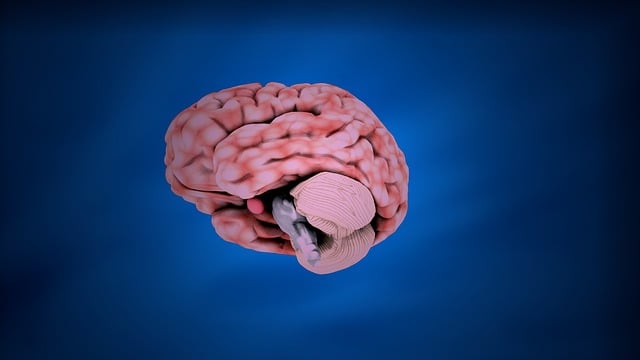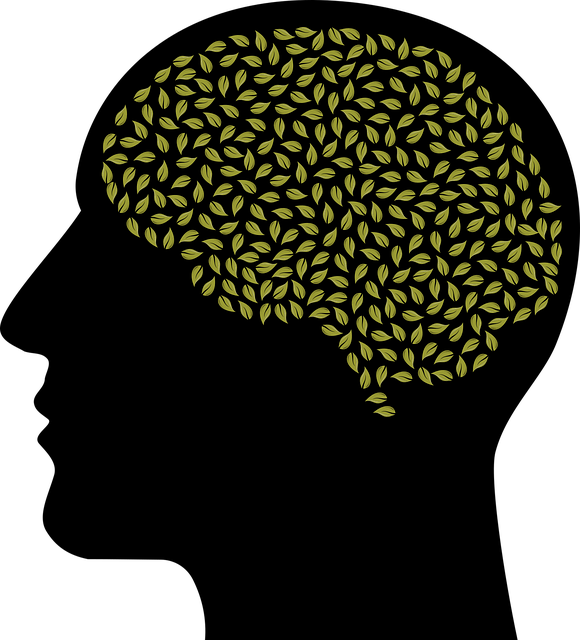Northglenn Gender Identity Therapy (GIT) employs the RFM (Recollection, Feeling, Meaning) technique for comprehensive mental wellness. This structured framework combines compassion cultivation and resilience-building exercises tailored to each client's unique challenges. Creative modalities like art therapy enhance engagement while holistic practices integrate stress reduction and confidence-boosting activities. The RFM framework guides sessions, encouraging reflection on experiences, identifying strengths, and promoting open dialogue through active listening and non-verbal cues. Success is measured using the RFM model (Reach, Frequency, Motivation) to track individual progress and adapt approaches, ensuring personalized care tailored to each client's needs.
In the realm of Northglenn Gender Identity Therapy, incorporating Resilience-Focused (RFM) exercises has emerged as a powerful tool for fostering resilience among individuals navigating gender identity challenges. This article delves into the significance of RFM in this context, offering a strategic guide. We explore how tailored resilience-building exercises can be designed and implemented effectively within therapy sessions. Additionally, practical strategies are provided to integrate RFM seamlessly, while measuring success and adapting approaches for optimal outcomes in Northglenn’s unique therapeutic setting.
- Understanding RFM and Its Relevance in Northglenn Gender Identity Therapy
- Designing Resilience-Building Exercises for Effective Implementation
- Practical Strategies for Incorporating RFM into Therapy Sessions
- Measuring Success and Adjusting Approaches in Northglenn's Context
Understanding RFM and Its Relevance in Northglenn Gender Identity Therapy

In Northglenn Gender Identity Therapy, Understanding RFM (Recollection, Feeling, Meaning) is pivotal as it provides a structured framework for clients to explore and express their experiences. This technique encourages individuals to delve into their memories, emotions, and interpretations, fostering deeper self-awareness and resilience. By facilitating open dialogue, RFM allows therapists to offer tailored support, enhancing the therapeutic process.
Incorporating RFM into Northglenn Gender Identity Therapy goes beyond traditional talk therapy. It leverages compassion cultivation practices and mental wellness strategies, equipping clients with tools to navigate challenges. This holistic approach ensures that individuals not only understand their experiences but also develop the emotional resilience needed to thrive in a complex world. Moreover, it highlights the importance of cultural competency training for healthcare providers, enabling them to offer empathetic, effective care tailored to each client’s unique journey.
Designing Resilience-Building Exercises for Effective Implementation

When designing resilience-building exercises for effective implementation at Northglenn Gender Identity Therapy, it’s crucial to tailor activities that address the unique needs of the population served. This involves understanding the specific challenges and stressors faced by individuals exploring their gender identity, and incorporating them into therapeutic frameworks. For instance, group discussions centered around navigating societal perceptions and discrimination can serve as a powerful tool for building resilience, fostering a sense of community, and encouraging open communication about mental health concerns.
The exercises should also be diverse and engaging to enhance participation and adherence. Incorporating creative modalities such as art therapy, storytelling, or even virtual reality simulations can provide alternative avenues for expression and processing emotions related to gender transition. Moreover, integrating stress reduction methods, confidence-boosting activities, and mental health policy analysis and advocacy into the curriculum ensures a holistic approach that empowers individuals with practical tools beyond their therapeutic sessions.
Practical Strategies for Incorporating RFM into Therapy Sessions

Incorporating RFM (Resilience, Flexibility, and Mastery) into therapy sessions is a powerful approach to enhancing mental health and well-being, particularly for individuals exploring gender identity at Northglenn Gender Identity Therapy. This method equips clients with practical tools to navigate challenges and promote resilience. Therapists can integrate RFM exercises by beginning each session with a brief check-in, where clients reflect on their recent experiences and identify areas of strength and growth. For instance, encouraging them to share how they demonstrated flexibility in dealing with stressors or how they took control of a situation (Mastery) provides valuable insights into their coping mechanisms.
During the core therapy portion, specific communication strategies can be employed to foster an environment where clients feel safe to express their thoughts and feelings openly. This may involve teaching active listening skills, encouraging non-verbal cues for emotional regulation, and promoting mindful communication. By integrating these techniques, therapists can facilitate meaningful conversations that address depression prevention and enhance mental health awareness. Such interactive exercises not only strengthen the therapeutic bond but also empower clients with effective strategies to build resilience in their daily lives.
Measuring Success and Adjusting Approaches in Northglenn's Context

Measuring success and adjusting approaches are essential components of any effective therapy program, especially in Northglenn’s context where Gender Identity Therapy (GIT) plays a pivotal role. The RFM (Reach, Frequency, Motivation) model offers a unique lens to assess the impact of GIT sessions on clients’ lives. By tracking these metrics, therapists in Northglenn can gauge individual progress and tailor their approaches accordingly. For instance, increased reach, indicating more frequent attendance or participation in various therapy activities, might suggest enhanced engagement with the process.
Additionally, monitoring motivation levels helps uncover underlying factors driving clients’ desires for change. This could range from a desire for better emotional healing processes to trauma support services or even burnout prevention strategies for healthcare providers within the community. By combining these insights, Northglenn’s GIT practitioners can optimize their interventions, ensuring that each client receives personalized care aligned with their unique needs and challenges.
Incorporating Resilient Factor Model (RFM) exercises into Northglenn Gender Identity Therapy has shown significant promise in enhancing clients’ resilience and overall well-being. By understanding RFM’s relevance, designing tailored exercises, implementing practical strategies, and measuring success, therapists in Northglenn can create a supportive environment that fosters growth and adaptation. This approach not only empowers individuals navigating gender identity challenges but also equips them with valuable tools to navigate life’s complexities, ultimately leading to improved mental health outcomes.










